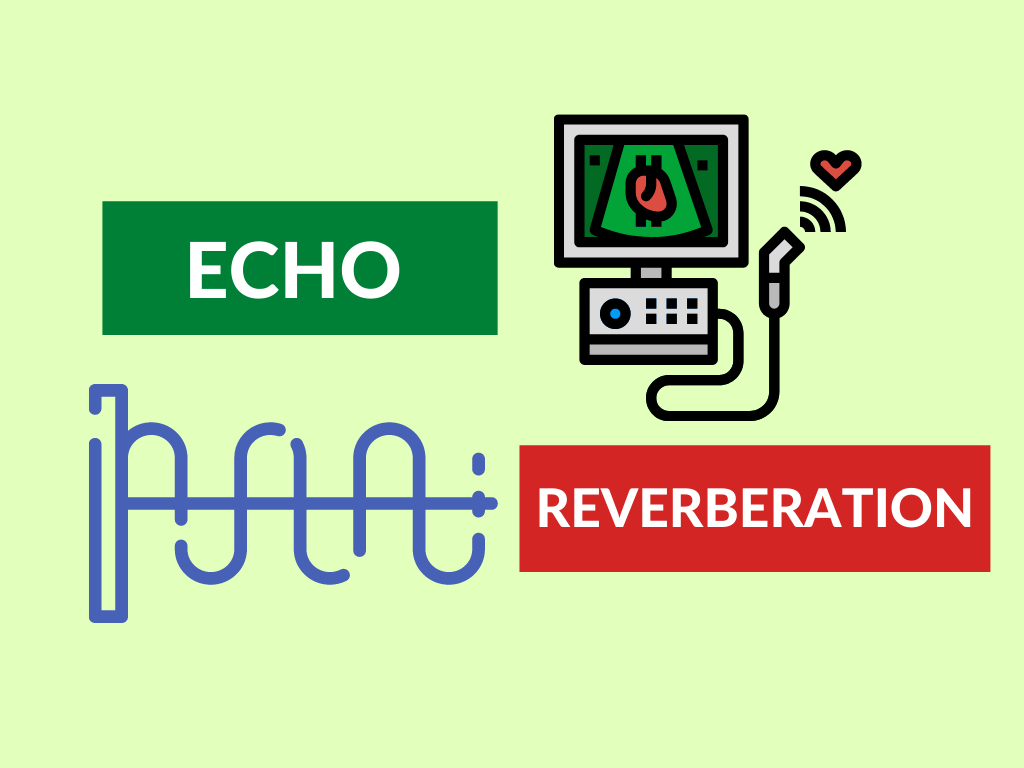In general, Every day we hear sounds from various sources like birds, bells, machines, vehicles, television and radio etc. our ears help us to hear the sounds produced at a distance.
A sound is a form of energy.
Now let us know briefly about echo and reverberation that is part of the sound.
Echo:
If we shout or clap standing at a suitable distance or a mountain, we will hear the same sound again a little later. This sound that we hear is called an echo.
The sensation of sound persists in our brain for about 0.1s. This is called the persistence of sound. To hear a distinct echo, the time interval between the original sound and the reflected sound must be at least 0.1s. This means that if a sound produced by a source is reflected in less than 0.1 sec; the echo would not be heard. For sound to reflect after 0.1. Sec; what should be the minimum distance between the source and the obstacles?
Let us now derive a formula for finding out the speed of sound if we hear an echo.
Let the distance travelled by sound from source to obstacle = d
Then distance travelled by sound from obstacle to source = d
Thus, total distance travelled by sound wave = 2d
Let echo time be ‘t’ sec
Speed = total distance travelled/echo time
= 2d/t
Example:
An echo is heard after 0.8s, when a boy fires a cracker, 132maway from a tall building. Calculate the speed of sound?
Echo time (t) = 0.8s
Total distance travelled by sound wave
2d = 2✕132 m = 264m
From, speed of sound V = 2d/t
V = 264m/0.8s
= 330 m/s
Reverberation:
A reverberation is perceived when the reflected sound wave reaches your ear in less than 0.1.s after the original sound wave. Since the original sound and reflected sound waves tend to combine, we get to hear one, prolonged sound wave.
In an auditorium or big hall, excessive reverberation is highly undesirable. To reduce reverberation, the roof and walls of the auditorium are generally covered with sound-absorbent materials like compressed fiberboard, rough plaster or draperies. The seat materials are also selected on the basis of their sound-absorbing properties.
Reverberation is quite different from an echo.
Let’s summarize the difference between Echo and Reverberation
Difference Between Echo and Reverberation:
| Echo | Reverberation |
|---|---|
| A reflected sound, arriving at the position of the listener more than 0.1.s after the direct sound is called an echo. | A reflection of sound, arriving at the listener in less than 0.1.s after the direct sound is called reverberation. |
| Echo occurs when the reflecting surface is 17.15m or more than 17.15m away. | Reverberation occurs when the reflecting surface is less than 17.15m away. |
Bottom line:
So, when we compare both the Echo and reverberation, The persistence of sound after the sound source has been turned off is referred to as reverberation. It is caused by a large number of reflected waves, which the brain perceives as a continuous sound.
An echo, on the other hand, occurs when a sound pulse is heard twice. It is commonly assumed that if there is a delay of 50ms or more between the first and second sounds reaching the ear, the brain will perceive them as separate events rather than one long event.
More Suggestions:



